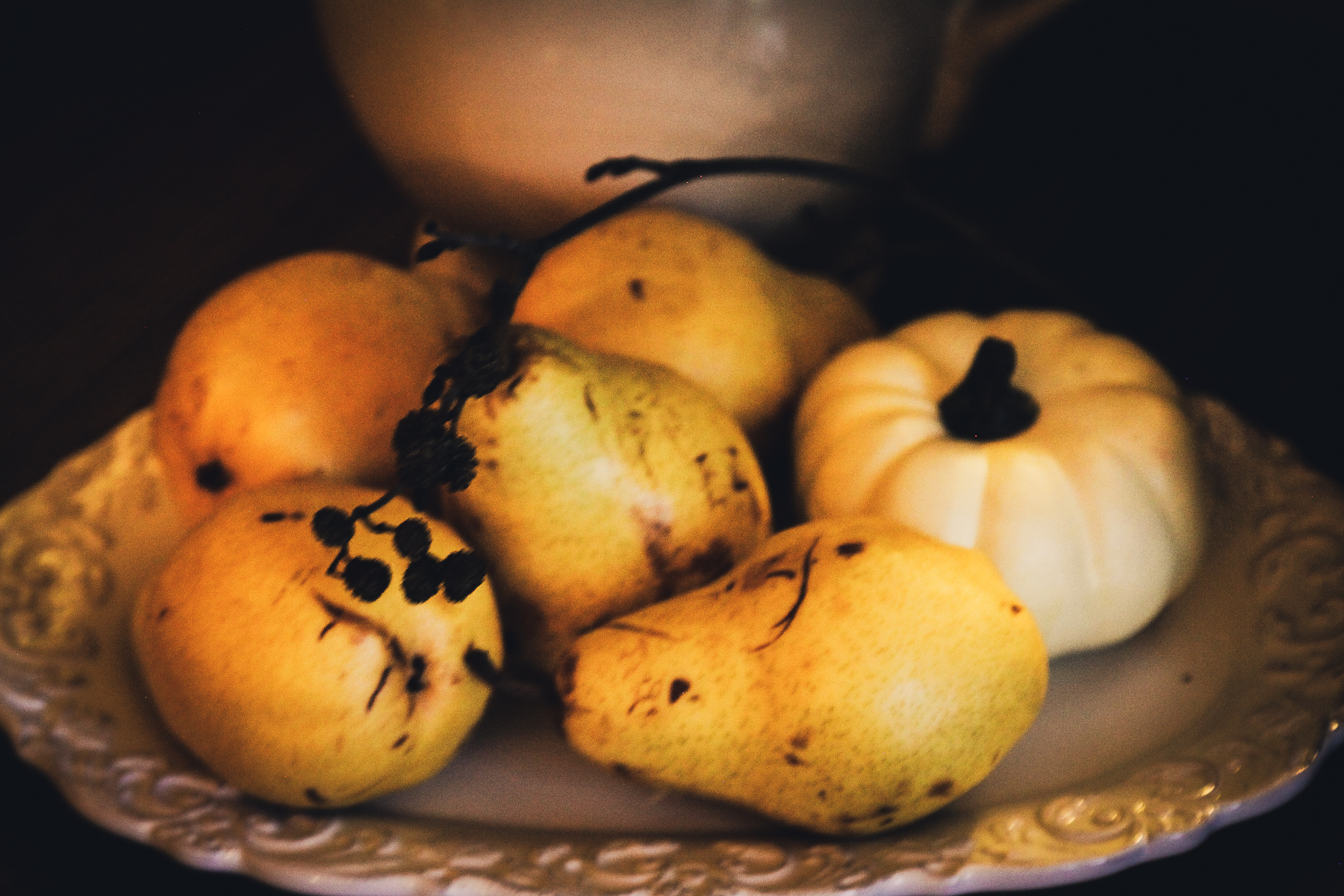The best-known verse about hope might be Lamentations 3:21-23:
Yet this I call to mind
and therefore I have hope:
Because of the Lord’s great love we are not consumed,
for His compassions never fail.
They are new every morning;
great is Your faithfulness.
The author writing this is Jeremiah, often called “the weeping prophet.” Why did he weep? In one moment, Jeremiah saw his community and his religious foundations changed beyond recognition. In 586 BC, the temple and city of Jerusalem were captured and leveled by Babylon. Jeremiah writes the words above as he ponders the exile and the rubble left behind.
God was not far off from the city of Jerusalem at this time, though I am sure it felt like He was. He had not removed himself; He was not slow. He was near. Even amongst the events of the exile, God was carrying forward His plan towards the stable in Bethlehem and the cross on Calvary.
Jeremiah chooses here to “call to mind.” For those of us who are feeling hopeless, here we are reminded that hope is, in part, a cultivated virtue. We’re told here that hope is caused by Jeremiah’s “calling to mind” the Lord’s great love and compassion. Our brother Jeremiah, deep in a situation causing hopelessness, sets an example for us in choosing to remember the Lord’s faithfulness. Through careful habit and attention, even at his most devastating moments, Jeremiah is able to remember that the Lord’s faithfulness does not fail.
He doesn’t tell us, but I wonder what the specific mercies were that Jeremiah chose to remember. It seems obvious that he is grateful for each day (“new every morning”), and that he does not feel alone or deserted by God (“great is your faithfulness”). But I wonder about the specifics: was there a steady supply of encouragement from someone? Was there a voice in his life for which he was grateful? What did he remember from times past —was there a specific memory that sustained him?
While we as Christians cling to large, idyllic terms like “hope,” “peace,” “encouragement,” these are at their most powerful when they are stubbornly small and specific.
In Scripture and in life, we gain hope when we dwell on the tiny details of God’s faithfulness.
God Himself speaks this way about His dealings with Israel. When He rehearsed a refrain with His people in the Old Testament, He cited a specific time and place: “I am the Lord your God, who brought you out of Egypt.” He rehearsed specific people’s names: “the God of Abraham, the God of Isaac…” He doesn’t stay abstract; He majors in specifics again and again.
It can be easy for us to think about God with big ideas—far-off ideas—unattainables. But God does not do this. He chose to cite the details. The very nature of the Incarnation is given to us in detail: a certain manger; a certain city; and a certain night of a certain year to certain parents under the reign of a certain king. Chesterton reminds us:
“…Christmas will always…give, not to airy nothing, but to the enormous and overwhelming everything, a local habitation and a Name.” (“The Uses of Diversity,” 1920)
When Sam Gamgee sinks his feet into the vile mud of Mordor, he is reminded, not of the general idea of water, but of the creeks in his hometown of Hobbiton. The tangible reminders come again to him on the dreadful mountain:
Do you remember the Shire, Mr. Frodo? It’ll be spring soon. And the orchards will be in blossom. And the birds will be nesting in the hazel thicket. And they’ll be sowing the summer barley in the lower fields… and eating the first of the strawberries with cream. Do you remember the taste of strawberries? [1]
The comfort that comes to him is not a general hope or abstract idea, but in his knowledge of the specifics of the Shire. The loss of this specific comfort is also at the heart of Frodo’s despair; he cannot remember any of what Sam describes and is instead “in the dark” because of the ring’s dark hold on him. Strengthened for his task by the memory of home, Sam is able to labor on for the both of them.
We see in Scripture that hope springs from tangible reminders from the past, concretely and habitually recalled, enabling us to continue to walk on, straining forward toward what is ahead. It might be a specific monetary provision; it might be a kind word in a devastating time; it might be the clearing of clouds after a storm. These are all concrete manifestations of a larger kindness: God’s love and favor. When we recall them, we have hope.
“Our souls do not come from everywhere, but from somewhere… the method of our salvation was truly local and personal, and not cosmic and impersonal.” G.K. Chesterton, The Illustrated London News, 1922
![]()
[1] JRR Tolkien, The Return of the King
The featured image, “Winter Fruit Still Life,” is courtesy of Lancia E. Smith and is used with her glad permission for Cultivating.
Kelly Keller writes the weekly substack On the Common, encouraging Christians to labor for the flourishing of their homes, churches, and communities. She’s a contributor at Story Warren, The Rabbit Room, The Gospel Coalition, and Risen Motherhood. She has her BS in Elementary Education from Messiah University and has taught various ages, but her favorite was worldview and literature with high school students. The “gap” in her resume is actually a window of eighteen years of homeschooling, which she recommends as an effective, though demanding, way of expanding one’s home library.
When she’s not behind her laptop, Kelly enjoys live music, baseball, reading great books, and traveling with her husband, David. Kelly hails from beautiful snowy New England, but after nearly two decades in North Carolina, she feels right at home.
Leave a Reply
A Field Guide to Cultivating ~ Essentials to Cultivating a Whole Life, Rooted in Christ, and Flourishing in Fellowship
Enjoy our gift to you as our Welcome to Cultivating! Discover the purpose of The Cultivating Project, and how you might find a "What, you too?" experience here with this fellowship of makers!


Add a comment
0 Comments